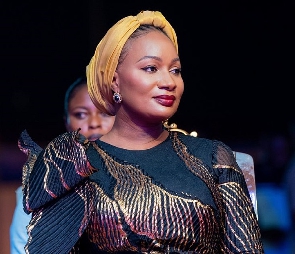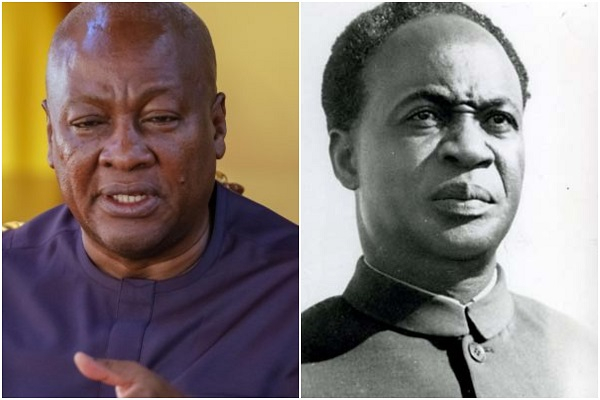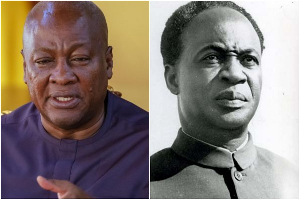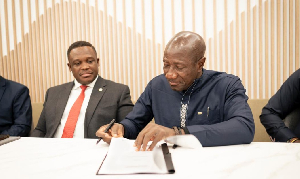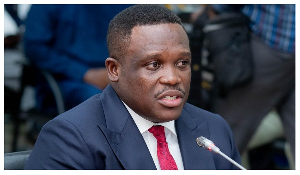By Nana Okogyedom ADOOFI (Dr)
The concept of a 24-hour economy has gained significant global attention as nations seek innovative ways to enhance productivity, maximize resource utilization, and create more employment opportunities.
Traditionally, economic activities have been structured around daytime operations, with most businesses and services ceasing operations in the evening.
<! — Revive Adserver Asynchronous JS Tag – Generated with Revive Adserver v5.4.1 –>
However, technological advancements, globalization, and urbanization have necessitated a shift towards continuous economic activity, especially in major cities worldwide (Graham & Marvin, 2001).
Countries like the United States, China, and the United Kingdom have successfully implemented 24-hour economic models, significantly boosting their GDP, trade, and employment rates (World Bank, 2022).
In Africa, the concept is gradually gaining traction, particularly in metropolitan areas with expanding middle-class populations and growing digital economies. Cities such as Lagos, Nairobi, and Johannesburg have experimented with extended business hours in retail, transportation, and financial services, leading to notable economic benefits (UN-Habitat, 2021).
Ghana, as a rapidly developing nation with an increasing urban workforce, stands to gain immensely from transitioning into a 24-hour economy. The country’s major commercial hubs, such as Accra, Kumasi, and Takoradi, already exhibit elements of round-the-clock economic activity, particularly in informal trade, hospitality, and essential services.
Despite these prospects, Ghana faces several structural and policy challenges that could hinder the full-scale adoption of a 24-hour economy. Key concerns include energy supply instability, security risks, labour law limitations, and inadequate infrastructure to support night-time economic activities.
The successful implementation of this model requires coordinated efforts from the government, private sector, and labour unions to establish a framework that balances economic growth with workforce welfare and national security. Understanding the dynamics of a 24-hour economy and its implications for Ghana is essential in shaping policies that will drive sustainable economic transformation.
A 24-hour economy is an economic system where business operations, services, and productive activities continue around the clock, unhindered by traditional time constraints. This economic model is widely implemented in developed nations such as the United States, the United Kingdom, and China, where sectors such as retail, transport, healthcare, and finance operate continuously to boost economic activity and efficiency (Graham & Marvin, 2001). Given Ghana’s growing urban population and increasing digital connectivity, transitioning to a 24-hour economy presents significant opportunities and challenges.
The purpose of this article therefore is to critically examine the concept of a 24-hour economy and its potential implications for Ghana. As economies worldwide evolve to accommodate continuous business operations, Ghana stands at a pivotal point where embracing a 24-hour economic model could drive employment creation, economic expansion, and service efficiency.
The article aims to explore the benefits, challenges, and strategic considerations necessary for implementing a sustainable round-the-clock economy in Ghana. By providing insights from global case studies, policy recommendations, and empirical data, this article seeks to inform policymakers, business leaders, and stakeholders about the opportunities and necessary frameworks required to transition into a 24-hour economic structure successfully.
UNDERSTANDING THE 24-HOUR ECONOMY
The 24-hour economy model thrives on the principle of extended operational hours beyond the conventional 8:00 AM – 5:00 PM business schedule. This system fosters enhanced productivity, job creation, and economic diversification. According to Florida (2005), cities that adopt a 24-hour economic framework experience accelerated growth, increased foreign direct investment (FDI), and expanded employment opportunities. In Ghana, where the informal sector dominates the economy, a 24-hour economic model could stimulate trade, industrial productivity, and service delivery.
POTENTIAL BENEFITS FOR GHANA
Increased Employment Opportunities: A shift to a 24-hour economy could significantly reduce Ghana’s unemployment rate, which stood at 13.4% in 2023 (Ghana Statistical Service, 2023). By extending business hours, new employment avenues would emerge, particularly in retail, hospitality, and logistics sectors, ensuring economic inclusion for the youth and night-shift workers.
Economic Growth and Revenue Expansion: Countries with fully operational 24-hour economies, such as China, have recorded GDP growth rates exceeding 5% annually, largely due to increased business operations (World Bank, 2022). For Ghana, extended business hours would contribute to tax revenue generation, industrial expansion, and enhanced Gross Domestic Product (GDP).
Boost to the Tourism and Hospitality Sector: The tourism and entertainment industry could see significant growth if businesses operate round the clock. Research by UNWTO (2022) indicates that nightlife economies in cities such as Bangkok and Dubai contribute between 10% and 15% to their national GDP. Ghana’s tourism sector, which contributes 6.2% to the GDP (Ministry of Tourism, Arts and Culture, 2023), could benefit from increased visitor spending.
Improved Public Service Delivery: Critical services such as healthcare, banking, and transport would become more accessible under a 24-hour system. Emergency services, hospitals, and digital banking platforms would be better positioned to cater to citizens’ needs efficiently, enhancing national productivity
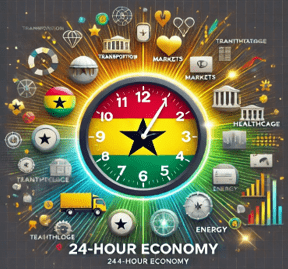
POSSIBLE CHALLENGES AND CONSIDERATIONS
Energy Supply and Sustainability: One of the primary challenges of implementing a 24-hour economy in Ghana is ensuring a reliable power supply. Ghana’s electricity deficit and periodic power outages (popularly known as dumsor) could hinder economic activities at night. Studies by the Energy Commission of Ghana (2023) indicate that Ghana requires an additional 1,000 MW of energy capacity to sustain large-scale 24-hour operations.
Security and Law Enforcement: Night-time economic activities demand an increase in law enforcement presence to combat crime and ensure business safety. According to the Ghana Police Service (2023), crime rates are often higher at night, posing a security challenge for businesses. Effective policing strategies and smart surveillance systems would be necessary for Ghana’s transition to a 24-hour economy.
Labour and Workforce Adaptation: Extending business hours requires regulatory adjustments in labour laws, particularly concerning night-shift wages, employee welfare, and work-life balance. Labour unions and policymakers must collaborate to create frameworks that ensure fair treatment and adequate compensation for night workers.
Availability of Market for Demand and Supply: A major concern for sustaining a 24-hour economy is ensuring that there is consistent market demand to support round-the-clock business operations. Without sufficient consumer demand, businesses may struggle to justify extended operational hours, leading to potential financial losses. The government and private sector must work to stimulate demand through policies that encourage late-hour shopping, transportation, and service delivery
THE WAY FORWARD: POLICY RECOMMENDATIONS
To successfully implement a 24-hour economy in Ghana, a multi-sectoral approach is necessary. The government, private sector, and civil society must collaborate to develop a strategic framework for its execution.
Energy Infrastructure Development: The government should invest in renewable energy solutions such as solar and wind power to complement the national grid. Public-private partnerships (PPPs) in the energy sector could provide sustainable power solutions for 24-hour businesses.
Security Enhancements: Strengthening night-time policing, implementing street lighting projects, and leveraging digital surveillance technology will be crucial to ensuring business safety. Lessons can be drawn from the United Kingdom’s Purple Flag initiative, which promotes safe and vibrant night-time economies.
Labour Law Reforms: Ghana’s Labour Act (2003) must be reviewed to accommodate flexible work shifts, ensure fair wages for night workers, and provide health benefits for employees engaged in round-the-clock operations.
Digital Economy Integration: Expanding digital payment systems, e-commerce platforms, and remote work options will facilitate seamless 24-hour business transactions. Mobile money and fintech innovations can bridge the financial accessibility gap, ensuring continuous trade activities.
CONCLUSION
The transition to a 24-hour economy presents immense opportunities for Ghana’s economic growth, employment expansion, and service efficiency. However, achieving this transformation requires comprehensive infrastructure investment, policy innovation, and workforce adaptation.
By addressing energy, security, market, and regulatory challenges, Ghana can position itself as a competitive hub for continuous economic activity in Africa. As Richard Florida aptly states, “The future of economic growth lies in cities that never sleep” (Florida, 2005). Ghana’s readiness for this transformation will determine its place in the evolving global economy.
REFERENCES
Acemoglu, D., & Robinson, J. A. (2012). Why nations fail: The origins of power, prosperity, and poverty. Crown Business.
Bartik, T. J. (2019). Making sense of local economic development: Economic impact and fiscal health. W.E. Upjohn Institute for Employment Research.
Energy Commission of Ghana. (2023). Annual Energy Outlook Report. Government of Ghana.
Florida, R. (2005). Cities and the creative class. Routledge.
Ghana Investment Promotion Centre (GIPC). (2023). Investment opportunities in Ghana’s emerging markets. Government of Ghana.
Ghana Police Service. (2023). Crime Statistics Report. Ghana Police Service Publications.
Ghana Statistical Service. (2023). Labour Force Survey Report. Ghana Statistical Service.
Graham, S., & Marvin, S. (2001). Splintering urbanism: Networked infrastructures, technological mobilities and the urban condition. Routledge.
McKinsey Global Institute. (2021). The future of work in Africa: The potential for digital transformation and economic growth. McKinsey & Company.
Ministry of Tourism, Arts and Culture. (2023). Tourism Sector Performance Report. Government of Ghana.
UN-Habitat. (2021). State of African Cities Report: Towards a Just and Sustainable Urban Future. United Nations Human Settlements Programme.
United Nations World Tourism Organization (UNWTO). (2022). The Impact of Night-time Economy on Global Tourism. UNWTO Publications.
World Bank. (2022). Global Economic Prospects: Growth in Emerging Markets. World Bank Group.
World Economic Forum (WEF). (2022). The global competitiveness report: Economic resilience in emerging economies. World Economic Forum.
CORPORATE DOCTOR
Email: [email protected] | Tel: 0245 082 660
The writer is a distinguished Ghanaian traditional scholar with over three decades of professional experience with a diverse portfolio in Academic, Regional Integration, Public Policy, Sustainable Entrepreneurship Development, Human Resource Management, Organizational Development, Leadership, Governance, Democracy, Culture and Tradition. Dr. Adoofi serves as the Manwerehen of the Abeadze Traditional State in the Central Region of Ghana, blending his cultural heritage with entrepreneurial and visionary leadership.
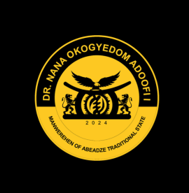
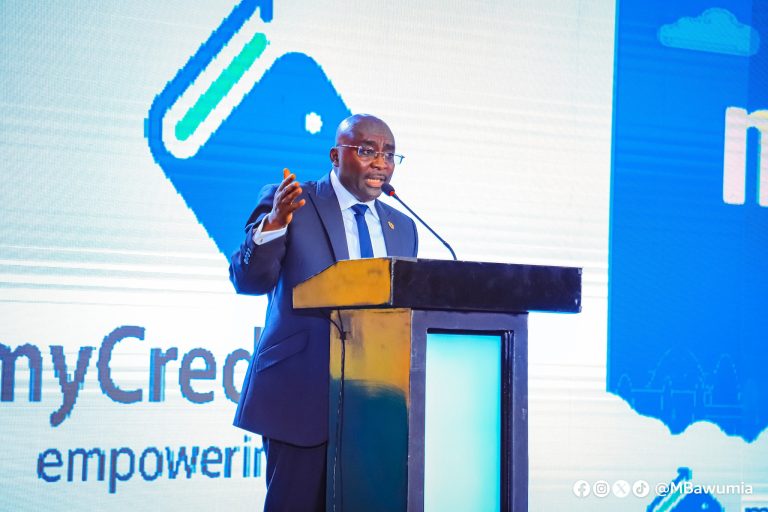


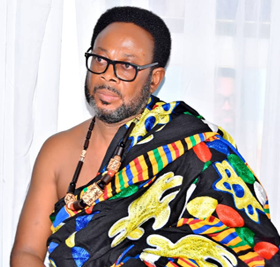





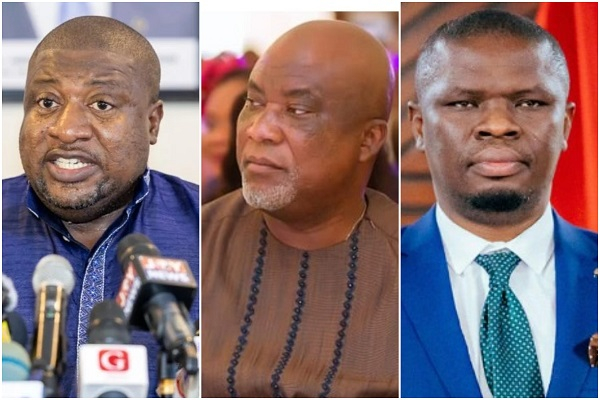
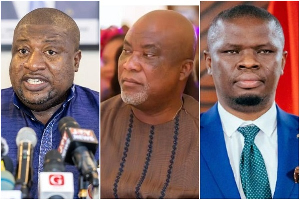
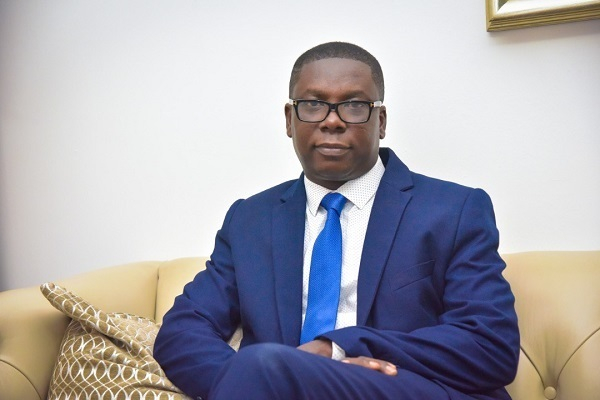
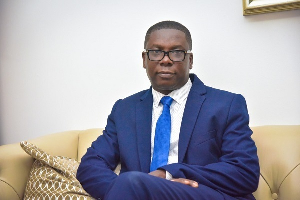
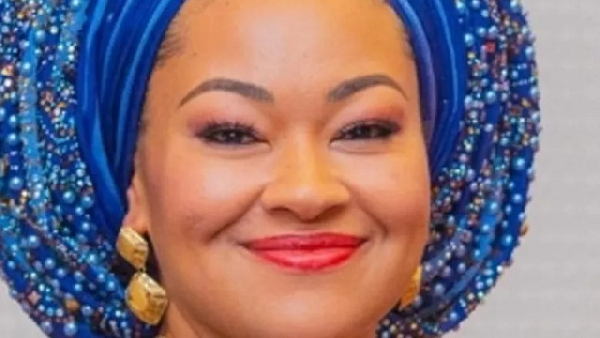

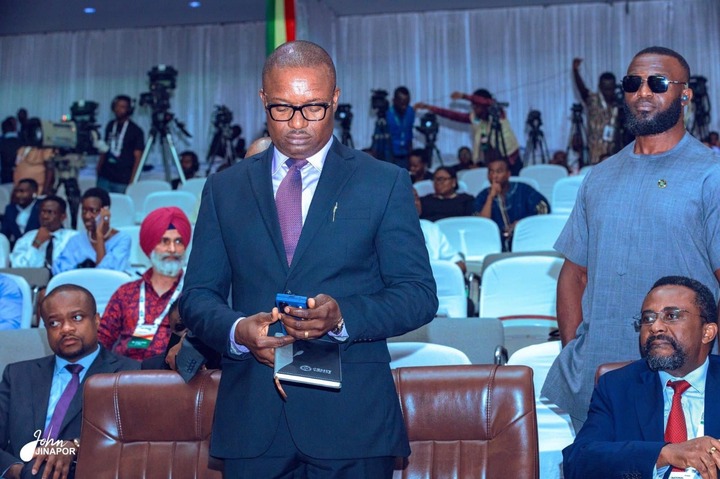
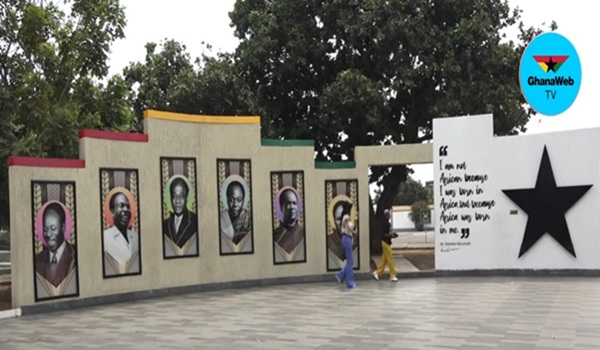

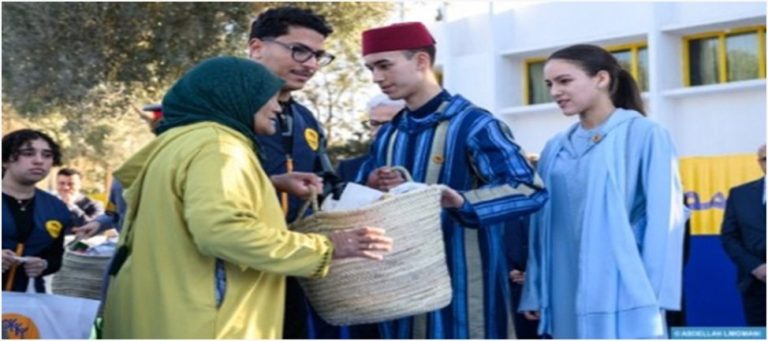
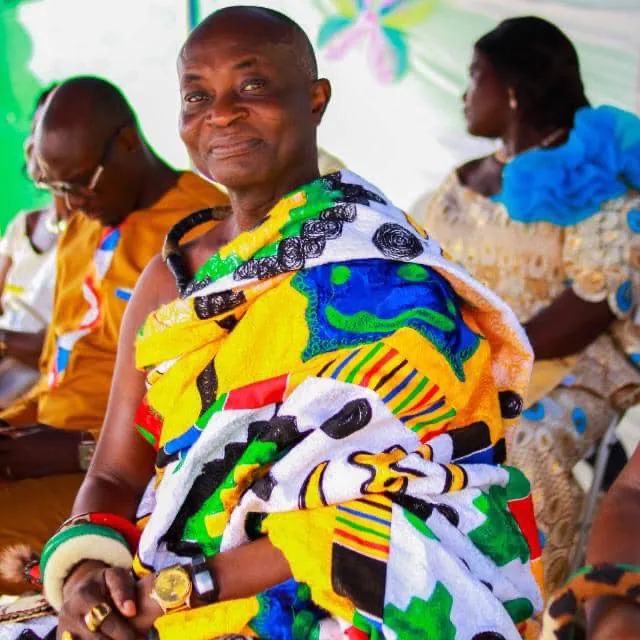

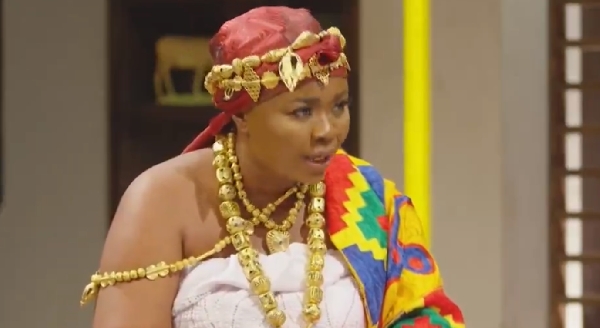
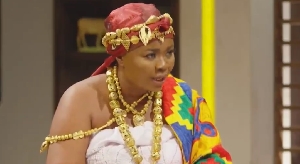
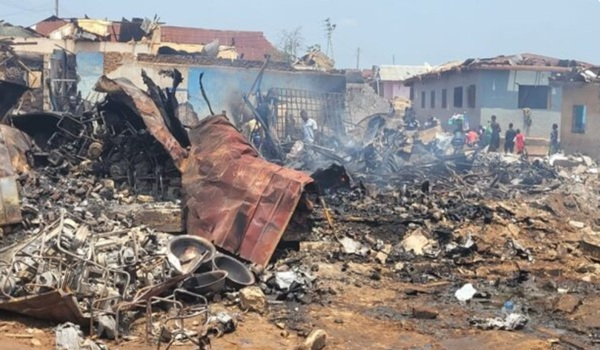

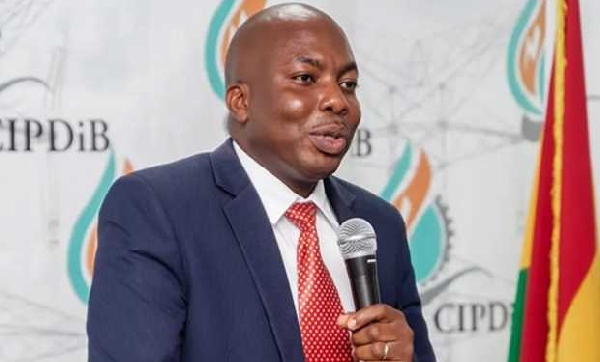

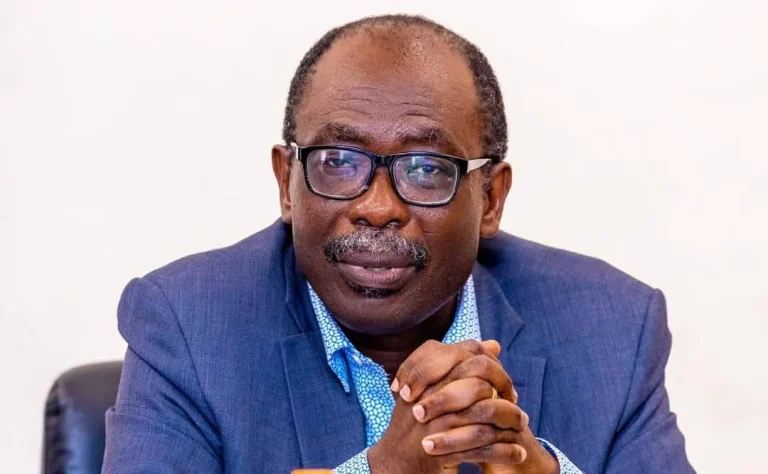
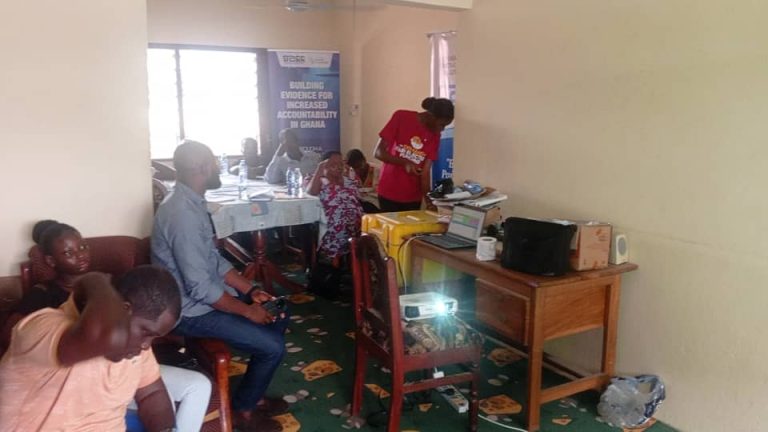


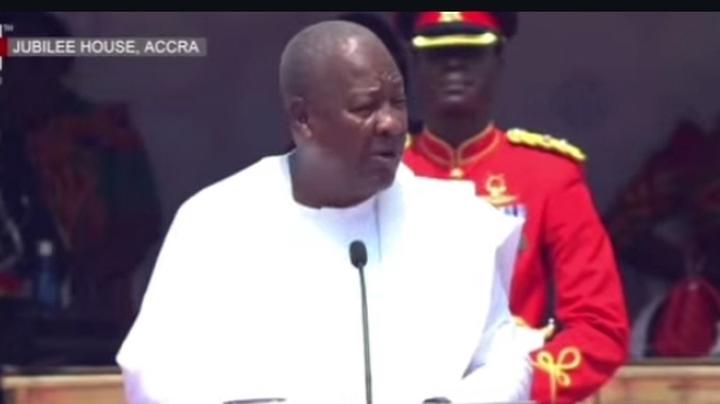

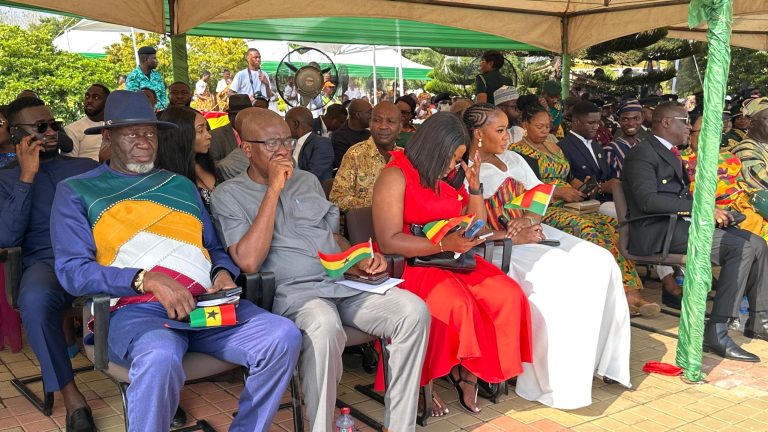
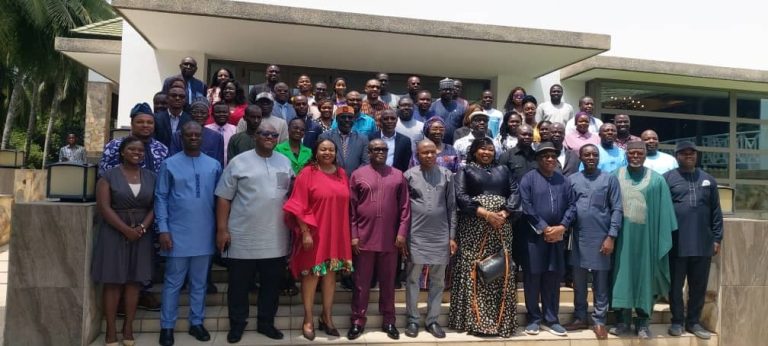
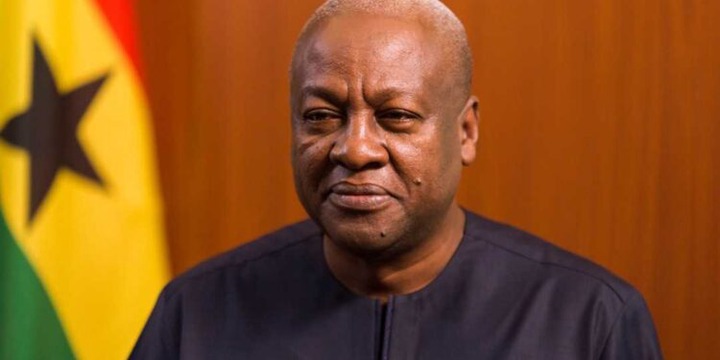
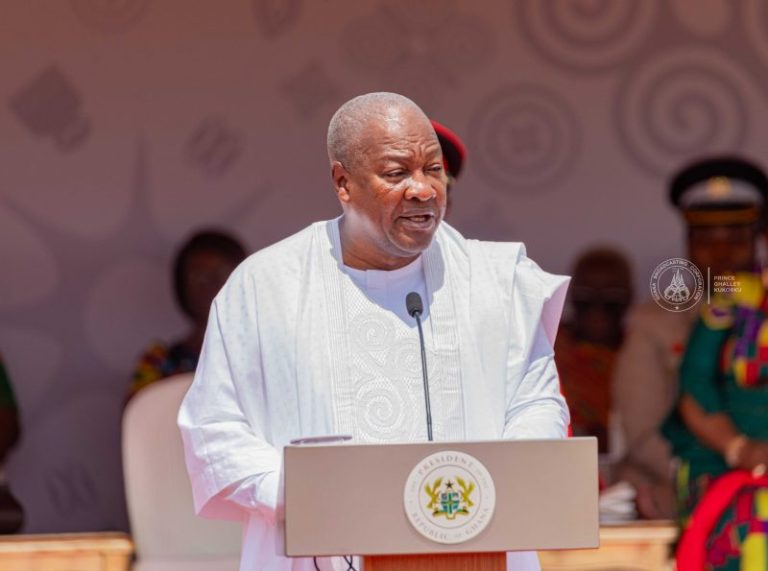
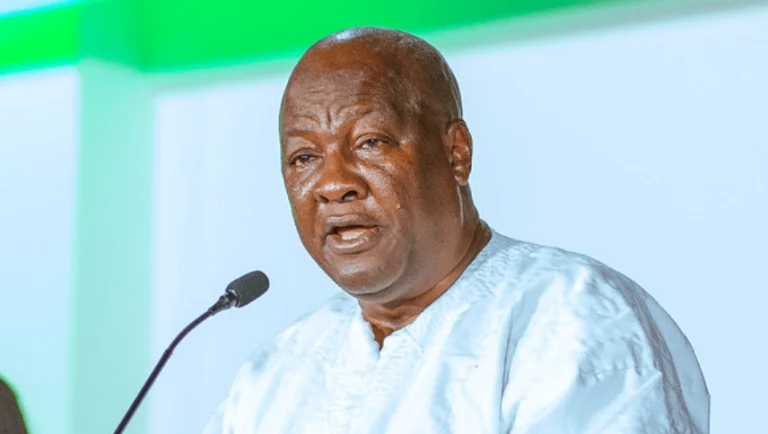


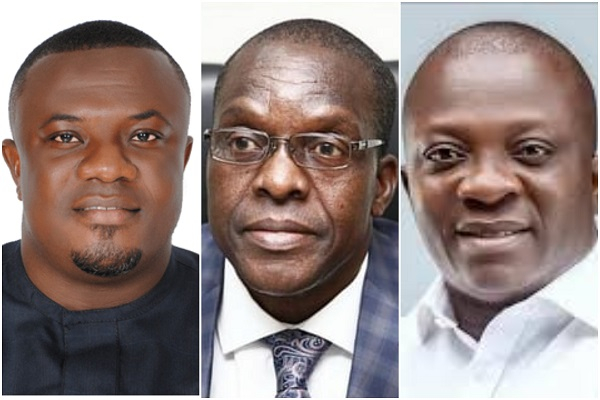
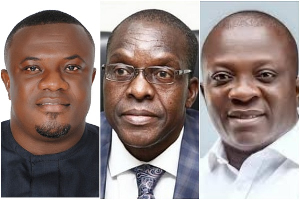
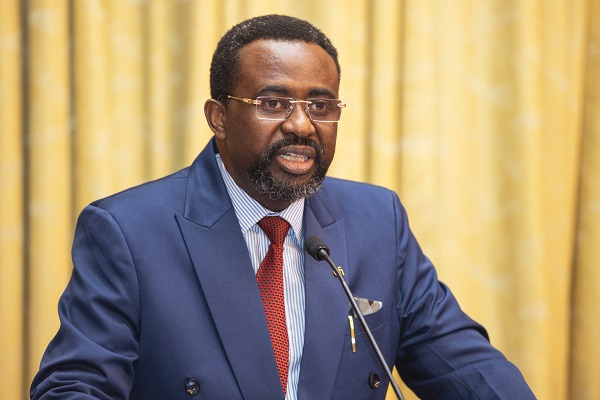
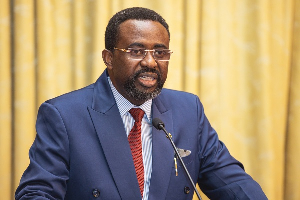


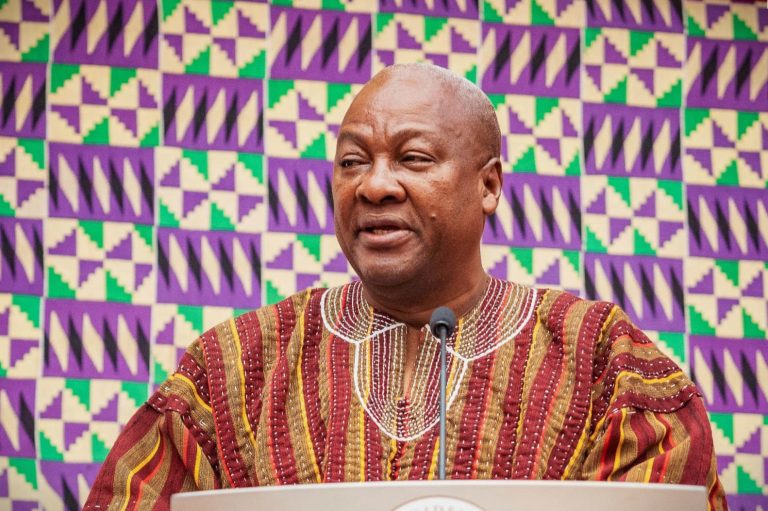
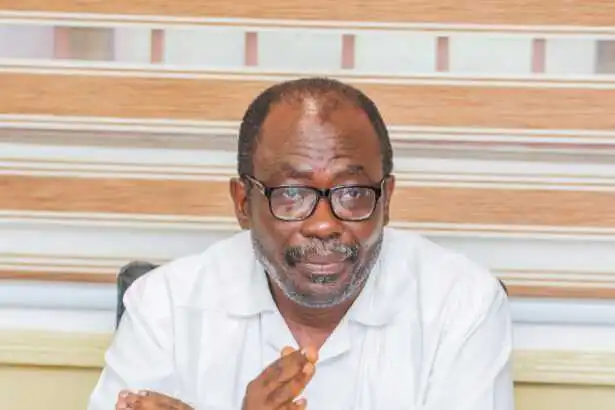
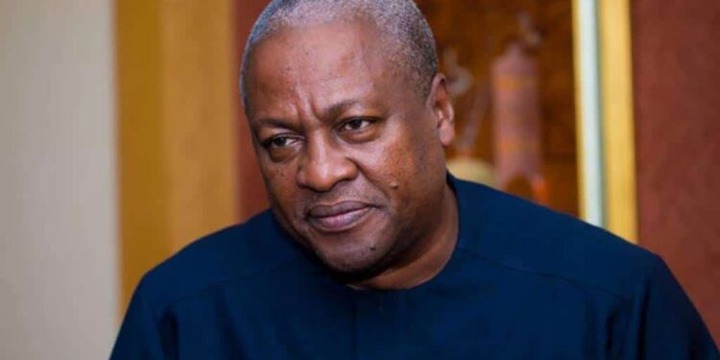
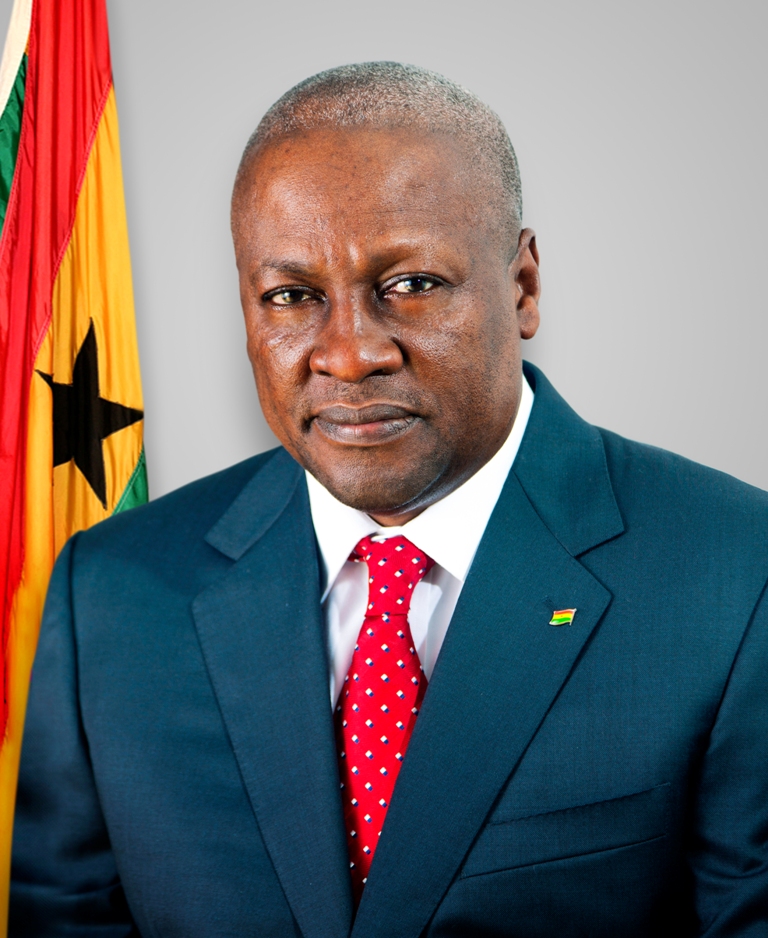






 Meanwhile, the youth of Okyeman, who have pledged their support to the traditional council, have demanded a retraction and an unqualified apology from the Member of Parliament for Tamale Central.
Meanwhile, the youth of Okyeman, who have pledged their support to the traditional council, have demanded a retraction and an unqualified apology from the Member of Parliament for Tamale Central.





